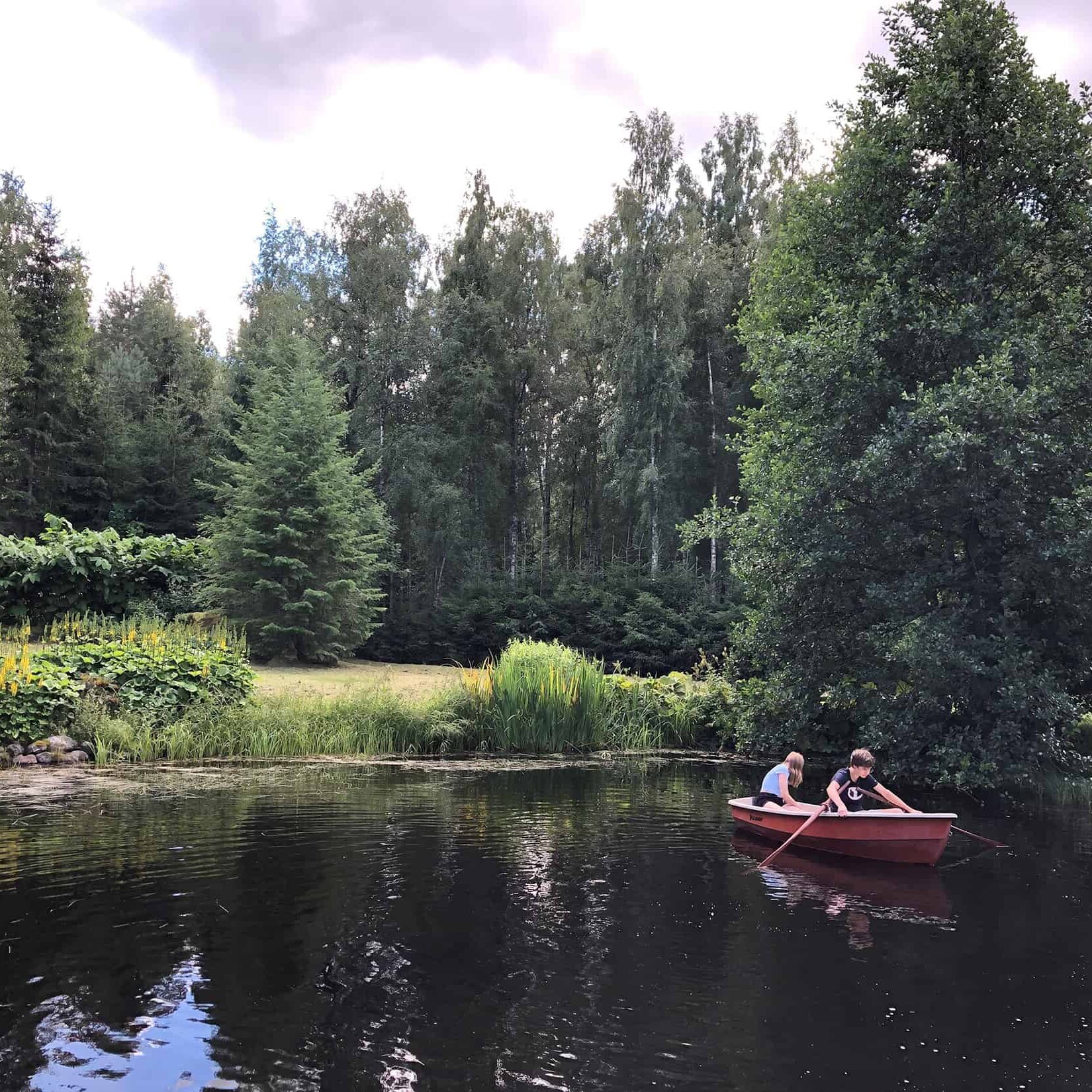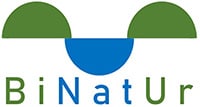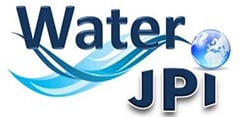The five cities in the project are largely representative of the European climate, and the cities offer a choice of aquaNBS that provides us with a unique opportunity to quantify the effects of the SET conditions on biodiversity and regulation ES in aquaNBS. By studying cities in representative climatic regions, BiNatUr can provide solutions that may become important in the future under climate change. This south-to-north transfer of knowledge may result in the adoption of solutions that have been shown to work in southern locations by the northerners partners of BiNatUr.
Overall, the project BiNatUr provides added values both to science and society by
- Providing new scientific evidence on biodiversity and ecosystem services of aquaNBS in urban areas
- Developing standardized water biodiversity monitoring and sampling methods further to better fit for urban small water
- Creating a cross-national, EU-wide dialogue about biodiversity values of small water bodies and aquatic nature-based solutions in European cities
- Fostering biodiversity as a common criteria and goal when planning or managing urban NBS across the European continent and supporting regulating ES that are related to it
- Raising awareness of the role of biodiversity in aquaNBS among planners but also among wider interested public
- Helping urban planners, landscape planners, designers and other creating, maintaining and evaluating biodiversity friendly aquaNBS which are simultaneously effective in producing regulating ES


Project funders:
This research was funded through the 2020-2021 Biodiversa and Water JPI joint call for research projects, under the BiodivRestore ERA-NET Cofund (GA N°101003777), with the EU and the funding organisations The Research Foundation - Flanders (FWO), Belgium; Academy of Finland (AKA), VDI/VDE-IT, Germany; National Science Center (NCN), Poland and Fundação para a Ciência e Tecnologia (FCT), Portugal

